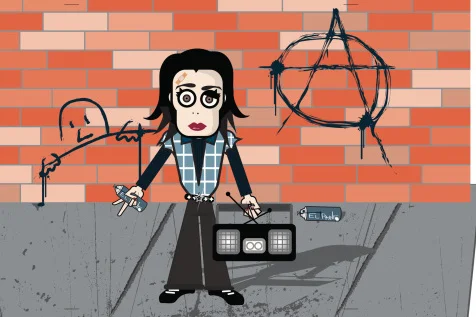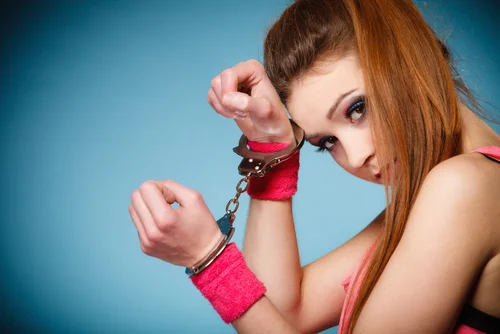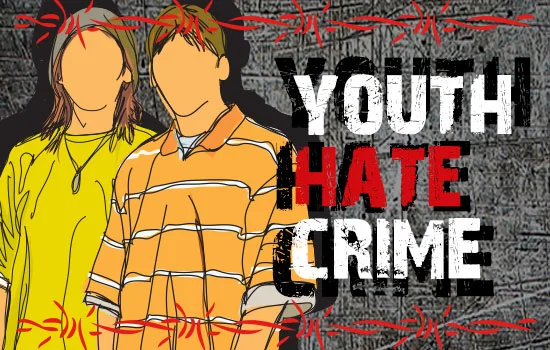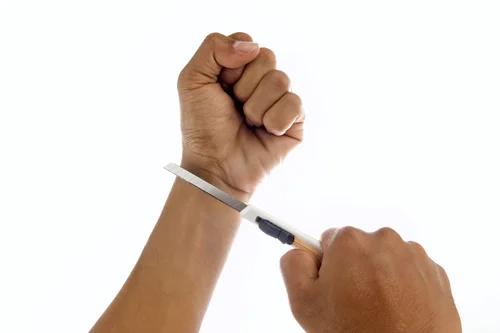+1 845 259 2974 (11 a.m to 7 p.m CST)
Why Name and Shame When You Can Reform?
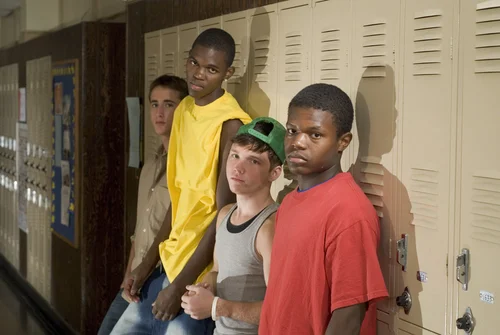
Although cases of juvenile crimes provoke emotional responses from the community, policy and lawmakers refrain from taking any harsh measures to deal with the offenders. This makes sense, as minors are passing through a sensitive phase of development, and aren’t mature enough to fully understand the consequences of their actions. This is precisely why in most parts of Australia, law make it mandatory to keep information identifying a kid’s involvement in court proceedings undisclosed. North Territory is currently the only state in the country where young offenders are named and shamed, though the Queensland Government has announced its plan to introduce similar reforms to combat youth crime. While the proponents of this hard-line approach are quite optimistic, there is a strong likelihood for it to backfire.
Naming and shaming the child offenders
Queensland Government’s proposed youth justice reform involving naming and shaming child offenders has won a significant amount of public support. More than 50 percent of the respondents to the Safer Streets Crime Action Plan survey were convinced that holding the child offenders responsible would lead to a significant decline in instances of juvenile crime. Ross Thompson, the general manager at Queensland Homicide Victims’ Support Group and one of the many people calling for such a law since a long time, felt that habitual or repeat offenders with no regard for law or respect for society needed to be named and shamed to set an example for others and hopefully close the revolving door of youth crime. Other proponents feel that by holding young people accountable and responsible for the crimes they commit, they’re more likely to consider their actions. The proposed youth crime reforms involves giving juvenile offenders a second chance before naming or shaming them in a bid to reduce recidivism, i.e. repeating of the crime.
The hardline approach is likely to backfire
Despite the strong conviction of the Queensland Government that naming and shaming child offenders will deter juvenile crime, there’s no empirical evidence to support it. On the contrary, the 2008 NSW parliamentary report showed that such youth crime reforms may not just fail, but further add to the problem. One possible reason for this is that children may consider the label as a “badge of honor” and start competing for notoriety. With their community aware of their criminal acts, they’re bound to have a much harder time going straight, especially with the society, especially their peers, likely to isolate them, treat them as criminals, or even physically and verbally abuse them, both offline and online. This may cause them to turn bitter towards their community and engage in even more crimes. The reputation may continue to follow them around even after they’ve grown up, thus making it hard for them to land a job.
Right way to deal with the issue
It is important to understand that frightening young people into improving their behavior doesn’t always work. A more thoughtful and comprehensive solution is required. Many juvenile offenders are a product of financial problems at home. Government should look to provide support for low-income families and long-term unemployed parents to curb crime. Family group conferencing can also work, as it can help in putting a finger on why the child is leaning towards crime. Instead of punishing the child offenders, the focus should be on helping them turn over a new leaf, Rehabilitation programs can play a key role in this.
Punishing a person for the crime they commit may seem like a reasonable thing to do, but when juvenile offenders are part of the equation, the sensitivity of the matter needs to be taken into perspective. Such kids may already have been let down by adults in their family. Governments and lawmakers makers need to ensure that they don’t end up doing the same.


